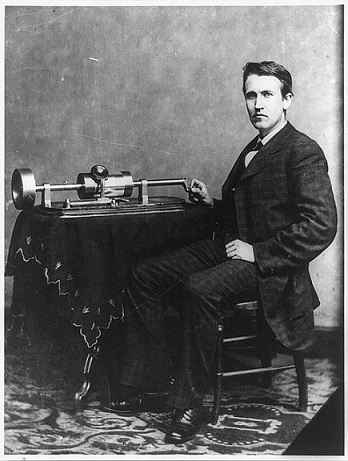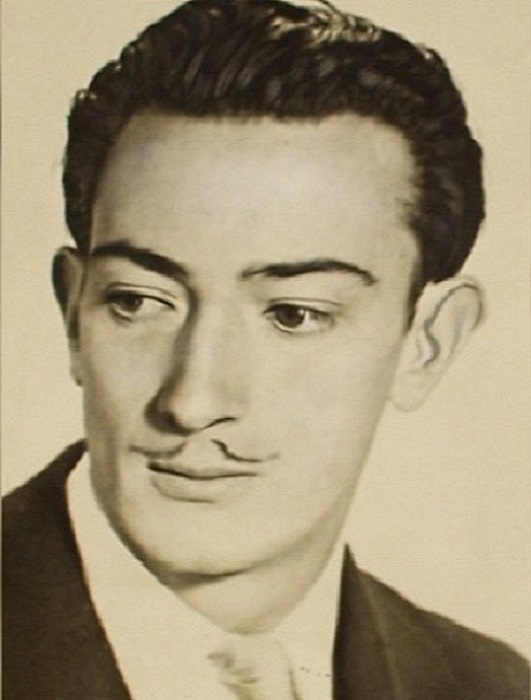Every night, when we lay our bodies to rest, our brains remain active. Some experts believe we are most creative when we dream. Sleep-storming is being able to track what we dream and even steer our minds in a certain direction.
“When we look at the brainwaves, during what's called REM or rapid eye movement sleep, which is when most dreaming takes place, we really can't tell if folks are awake or dreaming,” said Dr. Emerson Wickwire, director of the Insomnia Program at the University of Maryland Medical Center.
And it's during REM that we can dream up brilliant ideas, potentially million dollar thoughts that slip away when we regain consciousness.
“So during sleep, when we're dreaming, this is when we can access the untapped potential of our mind that doesn't have the biases of how we grew up or values in our workplace or in our family origin and so forth,” said Wickwire, who is also an assistant professor of psychiatry and medicine at the University of Maryland School of Medicine.
And he says there may be a way to capture those ideas. It's been done before, look at Thomas Edison.


“One of the things that he did is he slept with a steel ball in his hand, so when he would fall asleep and begin to enter deeper stages of sleep, his muscles would relax, he would drop the ball, it would wake him up and he could access some of those thoughts which he said was amongst his most creative,” Wickwire said. “Salvador Dali, a famous Spanish artist who would sleep deprive himself until he experienced excessive REM sleep and he attributed many of his most creative paintings to visions he saw during dream sleep.”
Sleep interruption or deprivation are not recommended. There are easier ways to track thoughts.
“What we encourage is simply purchase a dream journal, keep it next to your bed and with practice, the memory of your dreams will expand. It may begin with, ‘I remember a blue car.’ After several days of recording your dream in as much detail as you can, you'll be writing down very lengthy, multiple-paged dream journal entries that mirror the structure of a Greek play,” Wickwire said.
There's no definitive way to control the content of your dreams, however you can steer your mind in a certain direction, maybe even problem solve while you snooze.
Learning how to sleep-storm
- Keep a dream journal
- Ask yourself the question you want answered right before you fall asleep
- Look at images before dozing off
- Learn to have lucid dreams, or being aware that you're dreaming
“Look at images and have thoughts you want your brain to focus on during sleep, do that in the time leading up to sleep and that could be a very powerful prompt as well,” said Wickwire.
Recording dreams
And in the future, machines could do it for us. Scientists are playing around with wearable technologies that monitor brain waves when we're awake and when we're asleep then try to map patterns.
“In other words, we're going to track your brain during sleep and see that when you think about your boss or spouse, certain parts of your brain become more active, and then during sleep what we're going to do is see, well, when do these same parts of the brain become more active?” Wickwire said.
The possibilities are mind-blowing.
But before you can track, record, or capitalize on your dreams, Wickwire said the most important thing is getting proper sleep. “We can only dream well if we're sleeping well, so we really need to be rested and refreshed to experience not only optimal waking life but optimal sleeping life as well."

Dr. Wickwire focuses on waking up feeling refreshed and in a positive mood and says he notices a change in the morning. There's also a difference between dream disorders and positive dreaming.
You may want to see a sleep specialist if you're frequently waking up in a panic or avoiding sleep because of nightmares.
As far as why we forget our dreams or what our dreams mean, there are many different theories but no clear answer.

